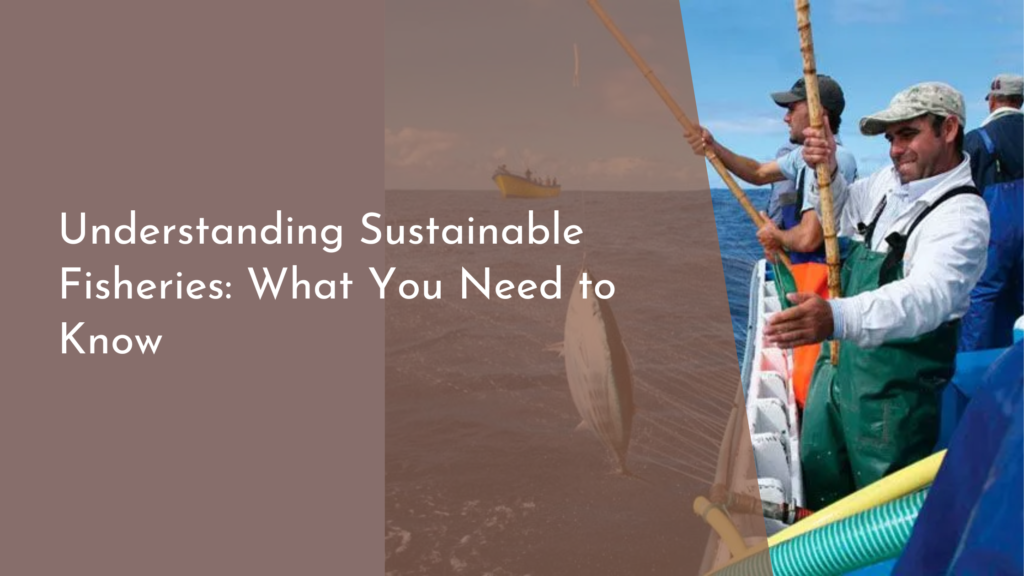How to Choose Sustainable Safari Experiences
Embarking on a safari adventure is a dream for many, offering an opportunity to connect with nature and witness wildlife in their natural habitats. However, with the increasing awareness of the environmental impact of tourism, it’s essential to choose sustainable safari experiences that protect and preserve the delicate ecosystems we cherish. This guide will help you navigate the process of selecting eco-friendly safaris, ensuring your adventure is both unforgettable and responsible.
Understanding the Importance of Eco-Friendly Safaris
Eco-friendly safaris are crucial for preserving the natural environments and wildlife that draw tourists to these unique experiences. Traditional safari tours can leave a significant carbon footprint, disturb wildlife, and damage fragile ecosystems. By choosing sustainable options, travelers can help minimize these impacts, ensuring that the flora and fauna continue to thrive for future generations to enjoy. This conscious effort supports biodiversity and helps maintain the ecological balance necessary for wildlife survival.
Moreover, eco-friendly safaris often incorporate community involvement, providing local populations with sustainable livelihoods. By supporting these initiatives, visitors contribute to the well-being of the communities that play an essential role in conserving wildlife habitats. This holistic approach not only enriches the travel experience but also strengthens the bond between travelers and the destinations they explore, fostering a sense of shared responsibility for the environment.
Researching Certified Sustainable Tour Operators
When selecting a sustainable safari experience, it’s vital to research tour operators that prioritize environmental conservation and ethical practices. Look for certifications from reputable organizations, such as the Global Sustainable Tourism Council or the Fair Trade Tourism label, which indicate adherence to stringent sustainability standards. These certifications ensure operators engage in eco-friendly practices, from reducing waste and energy consumption to supporting local communities and wildlife protection efforts.
Beyond certifications, delve deeper into the practices of potential tour operators by reading reviews, asking for references, and checking their environmental policies. Engage with operators directly to inquire about their sustainability initiatives, their involvement with local conservation projects, and how they measure their ecological impact. This additional layer of research ensures you choose an operator that aligns with your values and commitment to sustainable travel.
Evaluating the Wildlife Conservation Efforts
A critical aspect of sustainable safari experiences is the emphasis on wildlife conservation. When evaluating safari options, look for tours that actively contribute to and support conservation efforts, such as anti-poaching initiatives or wildlife rehabilitation programs. These efforts protect the diverse species that inhabit safari regions, ensuring their survival against the threats posed by poaching, habitat loss, and climate change.
Additionally, consider how safaris approach wildlife interactions. Responsible operators will have strict guidelines in place to minimize stress and disturbance to animals, such as maintaining safe distances and limiting group sizes. By prioritizing the welfare of wildlife, these tours offer more authentic and respectful encounters, allowing guests to observe animals behaving naturally without human interference, which enhances the overall experience.
Embracing Responsible Travel Practices
As a traveler, your actions can significantly impact the sustainability of your safari experience. Embrace responsible travel practices by being mindful of your environmental footprint throughout your journey. This can involve simple steps like using reusable water bottles, reducing plastic waste, and choosing accommodations that implement sustainable practices, such as solar power or rainwater harvesting systems.
Furthermore, respect local cultures and communities by engaging in meaningful interactions that support rather than exploit. Purchase locally made goods, learn about the traditions and customs of the regions you visit, and contribute to local economies by choosing community-based tourism initiatives. Through these actions, you help foster positive relationships between travelers and local populations, creating a cycle of mutual respect and benefit.
Choosing a sustainable safari experience is not only a commitment to preserving the planet but also an opportunity to enrich your travel experience. By understanding the importance of eco-friendly safaris, diligently researching operators, evaluating their conservation efforts, and embracing responsible travel practices, you can ensure that your adventure is both ethically and environmentally sound. As you embark on this journey, remember that every conscientious choice you make contributes to the preservation of our planet’s incredible wildlife and breathtaking landscapes for many more adventurers to experience and cherish.


